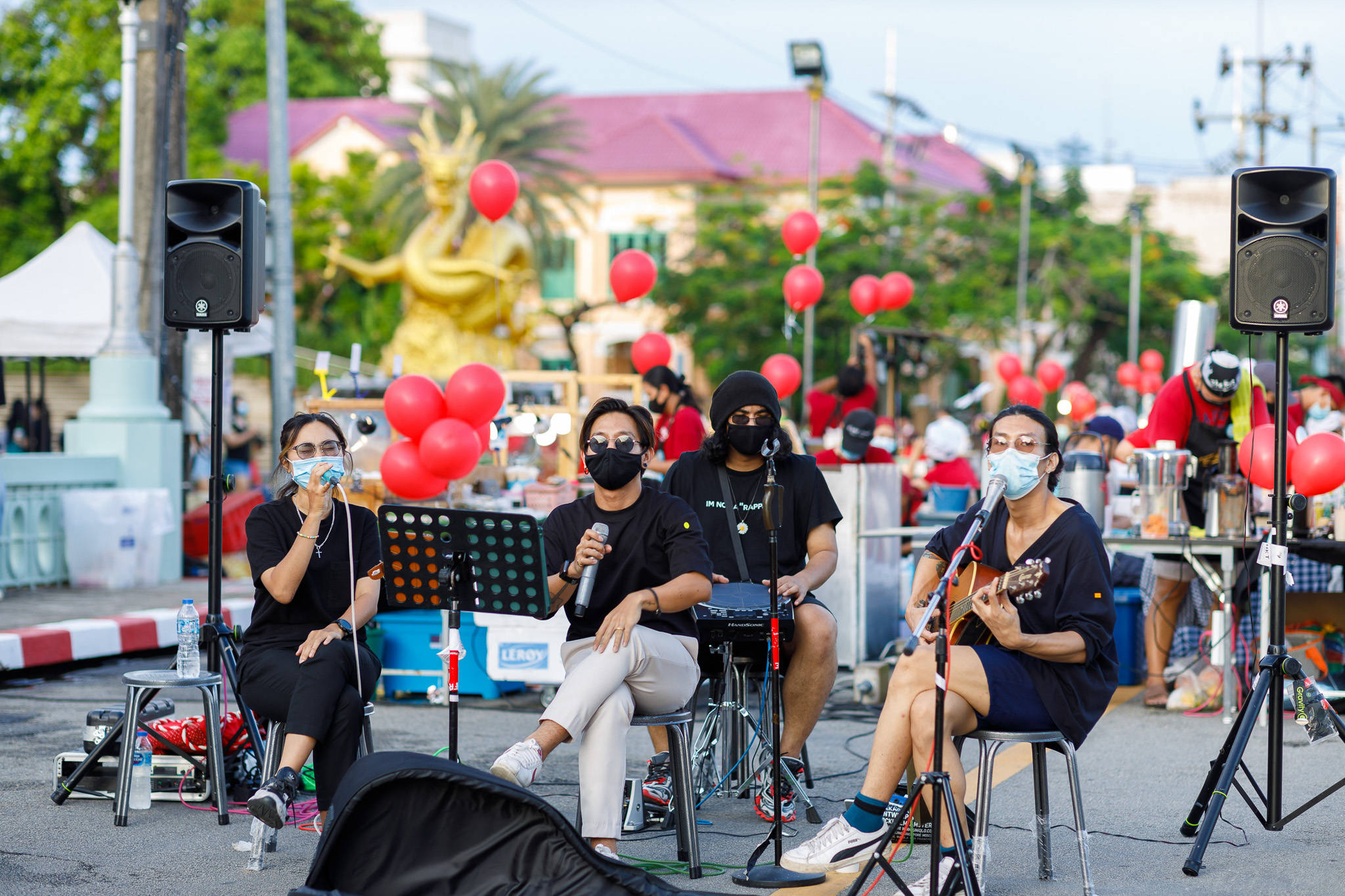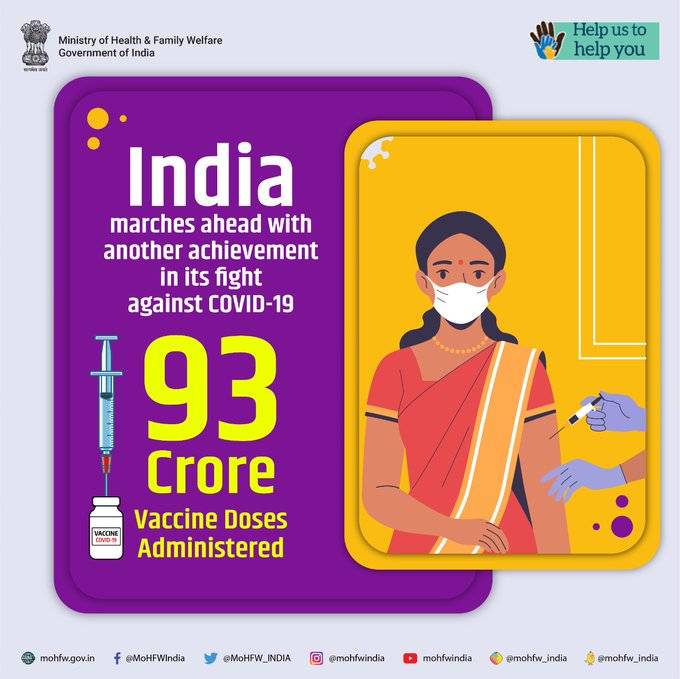Original title: slow start in swing: many countries will reopen inbound tourism in the near future
With the gradual advancement of the new crown vaccine injection, some countries and regions plan to reopen their borders to international tourists from mid October to December, especially some countries that will usher in the peak tourism season in winter.
Opening plan for traditional tourism destination countries
Thailand is one of the earlier tourist destinations open to the outside world. On July 1 this year, Thailand started the "sandbox plan" to allow fully vaccinated tourists to travel to Thailand without isolation, provided that they must stay in Phuket for at least 14 days. On July 15, the plan was extended to Sumei Island, paan island and Tao island. From August, Jiami house and Panya house also joined the plan. In September, the sandbox program reduced the required stay from 14 days to 7 days.
On November 1, Thailand will expand the areas covered by the sandbox plan to Bangkok, Chiang Mai, chunburi (where Pattaya is located), beibifu and prajorihan. Thailand's tourism department originally planned to open these areas in October. According to Reuters, the postponement of the plan was to give destinations more time to achieve the vaccination goals required for safe reopening.
The vaccination rate in open areas is set at 70%. The director of Thailand Tourism Bureau told Reuters, "at present, the target city has not reached this standard, so it must be postponed to November."

In order to receive tourists, Phuket has carried out various literary and artistic activities
Fully vaccinated tourists will stay in these cities for seven days, after which they can travel freely in Thailand. Unvaccinated travelers need to be isolated in the hotel for 10 days if they enter the country by plane, and 14 days if they come by land. In addition, they all need to buy new crown health insurance with an insurance amount of $100000.
As part of the program, all travelers will need to download a tracking application and test nucleic acids regularly. To this end, the Thailand government plans to lower the nucleic acid detection price by November, and introduce COVID-19's antigen test, allowing visitors to use more simple antigen detection in second and third times nucleic acid detection.
From December to February, most parts of Thailand will be in the dry season, which is also the peak season of traditional tourism in Thailand. Therefore, after the successful opening in November, Thailand plans to expand the sandbox plan to 20 provinces in Thailand in December, and open 13 border provinces from January 1, 2022.
As another Southeast Asian destination that will usher in the peak tourist season in winter, Vietnam has also announced some of its opening plans.
In November, Vietnam will launch a pilot program similar to Phuket's "sandbox program" in the tourist resort of Fuguo Island, allowing fully vaccinated tourists from countries listed as low-risk by the Vietnamese government to travel without isolation.

Fuguo island is a resort in Vietnam
So far, there are no cases of COVID-19 infection on the island of Dao Phu Quoc, and all residents will be vaccinated before opening. The Vietnamese government said there were enough quarantine institutions and medical facilities to face emergencies.
It is understood that the opening of Fuguo island will be phased. The first phase will last for three months and only charter tourists will be received. At that time, about 2000 to 3000 tourists will take charter flights to Fuguo island every month, and they will also be arranged for activities in designated hotels and entertainment places. In the second stage of opening up, the number of tourists will increase to 5000-10000. In another three months, passengers can go by themselves by commercial flights, and more travel facilities on the island will also be opened.
According to the latest media reports, the Vietnamese government also revealed that Huian and Xialong Bay may be opened to tourists in December, and will be fully opened in June 2022.
On October 7, the Indian Ministry of the interior announced that it would begin to reissue tourist visas to international tourists that had been suspended for more than a year. The first batch of passengers on charter flights will arrive in India on October 15. In a month, India will allow tourists to arrive by ordinary commercial flights. However, the relevant Indian authorities have not specified the detailed requirements for tourists after entering the country.
In the spring of 2021, the delta virus caused India's COVID-19 to be very severe, with more than 400 thousand confirmed cases per day. After that, India launched a large-scale vaccination program. On October 7, the Indian Ministry of Health announced that India had reached the "930 million dose vaccine milestone". However, the data was questioned. According to the estimation of Oxford University, the vaccination rate in India is about 18.4%, and 255 million people are fully vaccinated.

9 produced by the Indian health sectorPublicity map of 130 million doses of vaccine
At present, there are still about 20000 new cases in India every day, and strict epidemic prevention policies are still being implemented in China. In some areas, people who do not wear masks in public places and public transport will be fined. The decision of the Ministry of the interior to open tourism was also made at the request of several state governments and tourism related departments. Indian officials say tourists need to fully comply with the epidemic prevention policy stipulated by the Indian government.
Due to the severe epidemic situation, the opening of Bali has been delayed repeatedly, and it was not opened from July to September. Until October 3, the Indonesian government announced that from October 14, Bali airport in Denpasar will receive international flights again.
At that time, only flights from specific countries can go to Bali. According to Reuters, Indonesian Minister of ocean affairs and investment luhute binza panjietan revealed that the first batch of international tourists arriving in Bali will come from China, New Zealand and Japan. He also said that tourists need to hold the reservation certificate of the isolated hotel for at least eight days, and show the vaccination certificate and nucleic acid negative certificate before arrival. However, more details, such as whether only charter tourists from these countries can go and whether they will accept international flights from more countries, are not clear.
Bali used to be a paradise for backpackers. Will Backpackers be welcome once it is opened? In September, luhute said at an online press conference, "the goal of Bali is to attract high-quality tourists, so once it is officially opened to international tourists in the near future, we will not allow backpackers to enter."
He did not further explain how to implement this "no entry for backpackers", but it was enough to attract a lot of controversy. In this regard, luhute's spokesman clarified to lonely planet in early October that this was a "misunderstanding". The minister meant that "tourists who violate Indonesian health rules and regulations, laws and immigration regulations will not be allowed to enter."
This change in attitude will also worry potential travelers. At a time when the epidemic prevention situation will change at any time, the local travel policy will be tightened or relaxed. How do you make sure you're not an "unwelcome traveler"? This is indeed the risk of international travel at this time.
At present, only 27% of people in Indonesia have been fully vaccinated.
From November 15, Cuba will open all airports and resume international commercial flights. If visitors have completed vaccination and presented certificates, they will not need to submit nucleic acid reports and isolation. Tourists who are not vaccinated must show the nucleic acid negative certificate within 72 hours before departure.
The Cuban government predicts that the vast majority of Cuban citizens will be vaccinated in mid November, which is also an important reason for Cuba's decision to open international tourism. The Ministry of tourism said in a statement on the reopening: "considering the fruitful progress of vaccination in Cuba, more than 90% of people will complete the vaccination in November, Cuba is ready to gradually open the border from November 15."
At present, people entering Cuba need to be isolated in the hotel for five days and wait for the nucleic acid test results.
In the southern hemisphere, with the approach of spring and the reduction of cases, Argentina is preparing to reopen to international tourists from November 1.
Since October 1, Argentina has first opened to fully vaccinated tourists from neighboring countries such as Chile and Uruguay. From November 1, all fully vaccinated tourists can visit Argentina without isolation. They need to provide proof of vaccine injection, nucleic acid negative proof within 72 hours before departure, and antigen test seven days after arrival.
Non vaccinated tourists can also go to Argentina, but they need to be isolated for at least a week.
Argentina currently has 480.1 per cent of the population is fully vaccinated, and the government hopes that this figure will reach 50 per cent by November. However, local media reported that although the current infection cases in Argentina are declining, there may still be an outbreak, leading to the government's sudden adjustment and tightening of the current travel and opening-up policies.
"Vaccine passport" rules
With the steady increase of vaccination rate in some western countries, "vaccine passport" has been gradually promoted. In California, San Francisco and Los Angeles, it has been announced that anyone over the age of 12 must be fully vaccinated before entering bars, gyms, restaurants or other indoor facilities. From October 7, vaccination certificate or nucleic acid negative certificate within 72 hours shall also be submitted before entering large parks in Los Angeles.
The EU's "vaccine passport" program is now open to all Member States and 16 non EU countries, including Israel, Morocco and Panama. It can verify travelers' new crown related information and display their vaccination status or nucleic acid test results. Holders of the passport can be exempted from isolation or testing when traveling in countries receiving the program. In countries such as France and Ireland, residents and tourists also need to hold vaccine passports to enter restaurants, bars or scenic spots open only to vaccinators.
EU vaccine passport page
On October 7, Canadian Prime Minister Justin Trudeau announced a strict vaccine policy. All railway, cruise and air passengers and staff over the age of 12 will be required to receive the new crown vaccine. In case of violation, you will face high fines. The regulation will come into force on October 30.
On this basis, Canada is considering implementing the "vaccine passport" policy nationwide. At present, the policy has been implemented in British Columbia and Ontario. People should hold the certificate that they have been fully vaccinated with the new crown vaccine before they can enter the indoor places engaged in "unnecessary business" such as restaurants, dining areas, cinemas and gyms.
At present, about 75.47% of Canada's total population has been vaccinated with at least one dose of new crown vaccine, 690.58% achieved complete vaccination. In September, Canada opened its borders to fully vaccinated international tourists.
主营业务:website,cms,wap website



 扫一扫,关注我们最新消息
扫一扫,关注我们最新消息 